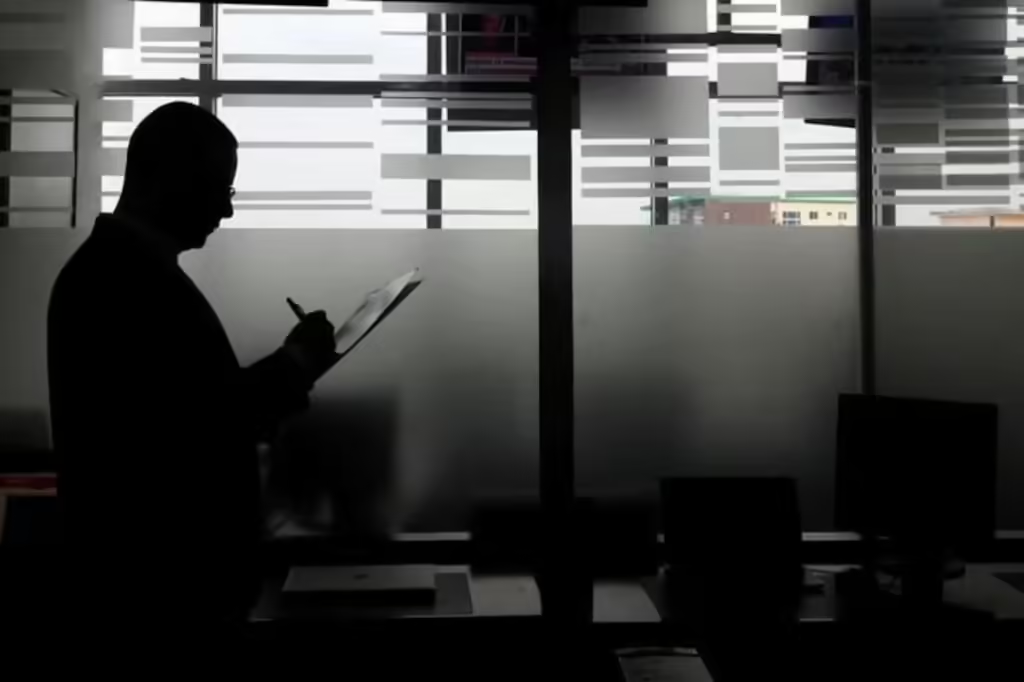4TH CIRCUIT: PLEADING A TRADE SECRET MISAPPROPRIATION CLAIM

“The decision by the 4th U.S. Circuit Court of Appeals on July 9, 2025, in Sysco Machinery Corporation v. DCS USA Corporation, 143 F.4th 222, is a must-read for trade secret practitioners drafting a Complaint for trade secret misappropriation”.
Factual background
Sysco is a Taiwanese company that manufactures rotary die cutting machines. DCS is a North Carolina company that distributes them.
In April 2021, three Sysco employees left Sysco to form a new competitor (Cymtek). Sysco alleged these former employees stole confidential information when they departed Sysco. After the establishment of Cymtek, DCS arranged at least three transactions in which it sold Cymtek-made machines to customers who had previously purchased Sysco-made machines.
Sysco first sued in a Taiwanese court in March 2022. There were disputes about translation issues, but Sysco argued that the Taiwanese court ruled in favor of Sysco and a preliminary injunction was entered.
Seeking further protection, Sysco registered at least 23 technical drawings related to its rotary die cutting machines with the U.S. Copyright Office in July 2022. Like all unredacted material registered with the Copyright Office, the drawings became available to the public by default. 17 U.S.C.705(b). A public disclosure of a trade secret vitiates the trade secret instantly: it’s like a pin pricking a ballon.
Other lawsuits between the parties relating to Sysco’s alleged trade secrets ultimately resulted in a final decision in the Eastern District of North Carolina dismissing Sysco’s claims under Rule 12(b)(6) of the Federal Rules of Civil Procedure.
Sysco appealed to the 4th Circuit.
Factual allegations: de novo review
Sysco’s factual allegations at the pleading stage are reviewed de novo. A trade secret misappropriation claim demands plausible allegations of both a valid trade secret and misappropriation of that trade secret.
The 4th Circuit ruled that Sysco’s trade secret claims were sweeping and conclusory, making it impossible for DCS to know what it was accused of misappropriating or for the court to assess whether there was a plausible claim for trade secret misappropriation relief. See Ashcroft v. Iqbal, 556 U.S. 662, 678, 129 S. Ct. 1937, 173 L. Ed. 2d 868 (2009); Bell Atl. Corp. v. Twombly, 550 U.S. 544, 570, 127 S. Ct. 1955, 167 L. Ed. 2d 929 (2007).
Based upon a de novo review of the record, the 4th Circuit concluded that Sysco failed to plausibly allege a trade secret misappropriation claim.
Trade secret identification
At the pleading stage, the plaintiff must identify the trade secret it claims has been misappropriated with sufficient particularity. Neither the defendant nor the court should be forced into a fishing expedition to find evidence of a valid trade secret in the pleadings.
Sufficient particularity means describing the trade secret at a level of detail that enables a defendant to identify with specificity the alleged trade secret. Further, the trial court must be able to determine whether the plaintiff has plausibly satisfied the two requirements of a trade secret: the reasonable secrecy requirement and the independent economic value requirement.
The reasonable secrecy requirement
Trade secret law requires that the plaintiff take reasonable measures to keep the information secret. The reasonable secrecy requirement is linked to the independent economic value requirement.
The competitive value of the information is derived from the secrecy of the information. Ruckelshaus v. Monsanto Co., 467 U.S. 986, 1012, 104 S. Ct. 2862, 81 L. Ed. 2d 815 (1984). A trade secret is extinguished if it is disclosed to others without an obligation to protect the confidentiality of the information.
Independent economic value requirement
The independent economic value requirement is linked to the reasonable secrecy requirement. The independent economic value must be derived from the secrecy of information. Without the identification of the alleged trade secret with particularity, the trier of fact cannot determine whether the plaintiff has plausibly satisfied the independent economic value requirements — competitive value derived from the secrecy of the information.
Failure to identify trade secrets with particularity
Sysco proffered various descriptions of its trade secrets. Sysco’s complaint defined its trade secrets twice as “Sysco’s compilation of machinery, software, and confidential information” and then as “Sysco’s proprietary and confidential information, including the copyrighted works, and technical, financial, operations, strategic planning, product, pricing, vendor, and customer information.”
When pressed at oral argument to define its trade secrets, according to the court opinion, Sysco pointed to yet a third part of its complaint that described the trade secrets as “the technical documents, test videos, statistical data, client contracts, and other confidential information used by Sysco to develop and manufacture” rotary die cutting machines.
Taken together, wrote the court, these three trade secret definitions suggest that nearly Sysco’s entire business is a trade secret. This is the type of claim so “sweeping and conclusory” that it is impossible for DCS to know what it has been accused of misappropriating or for the court to assess whether Sysco has met the reasonable secrecy and independent economic value requirements.
Copyrights vitiate trade secrets
Sysco’s alleged trade secrets definition also included 23 unredacted technical drawings that Sysco deposited in the U.S. Copyright Office. Filing these documents in the U.S. Copyright Office, available to the public, extinguished the trade secret status of these documents the moment they were deposited and open to public inspection. 17 U.S.C. Section 705(b).
Misappropriation of trade secrets
After demonstrating the existence of a trade secret, a plaintiff must show that the defendant has misappropriated it. Misappropriation involves “acquisition,” “disclosure,” or “use” of a trade secret by “improper means” or without consent. 18 U.S.C. § 1839(5); N.C. Gen. Stat. § 66-152(1).
Sysco did not plausibly allege misappropriation because it did not clarify how DCS acquired, disclosed, or used its trade secrets. Sysco did not even allege that DCS had Sysco’s trade secrets.
Sysco did not plead why DCS’s actions were “improper.” Any information DCS possessed about Sysco appears to have been acquired lawfully as part of the parties’ ordinary manufacturer-distributor relationship.
Information take from: Reuters: https://www.reuters.com/legal/legalindustry/4th-circuit-pleading-trade-secret-misappropriation-claim–pracin-2025-09-02
#propertyintellectual